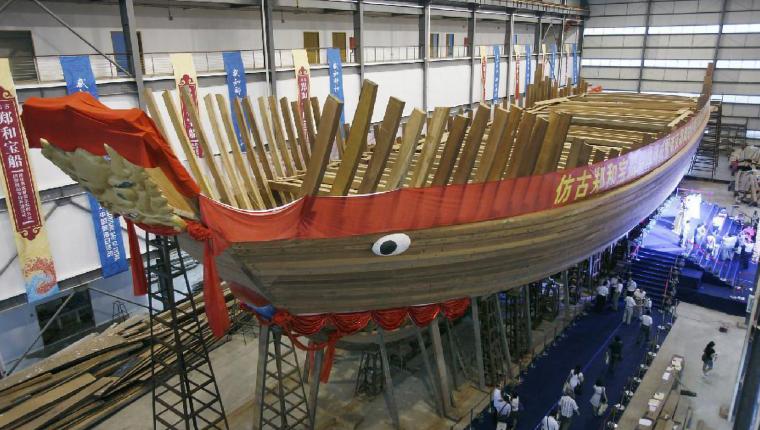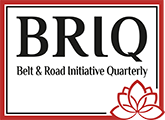
Pietzcker, D. (2020/2021). From “Mare Nostrum” to international maritime cooperation: How history can offer constructive answers to future prospects in the Mediterranean. Belt & Road Initiative Quarterly, 2(1), 51-62.

This work is licensed under a
Creative Commons Attribution 4.0 International License.
Since antiquity, the Mediterranean region witnessed the rise and fall of all kinds of political and economic systems. It has always been the laboratory of human societies, a melting pot of different religions, philosophies and ethnic groups. Mediterranean countries saw astonishing cultural and aesthetic achievements, but also experienced destruction and acts of barbarism. The Mediterranean gave birth to one of the most powerful political concepts, the idea of the occidental and oriental hemisphere. With the beginning of global capitalism and transatlantic trade, the Mediterranean lost much of its strategic importance and economic momentum. But stagnation is never an option. Today, with the rise of China as the new global player, the Mediterranean and its regional powers gain new options, too. Participation is the key, and mutual understanding a possible beginning. Only international cooperation, global trade and cultural exchange will help to stabilize the vulnerable equilibrium in the Mediterranean. So, what lessons can be learned from history to better understand and explore today’s political and economic potential of the Mediterranean? Some historical figurations persist or have a surprising coming-back, indicating some striking parallels between the Mediterranean of history and the present day.
Keywords: Atlantic Ocean, eastern hemisphere, hegemony, Mediterranean Sea, new world order
